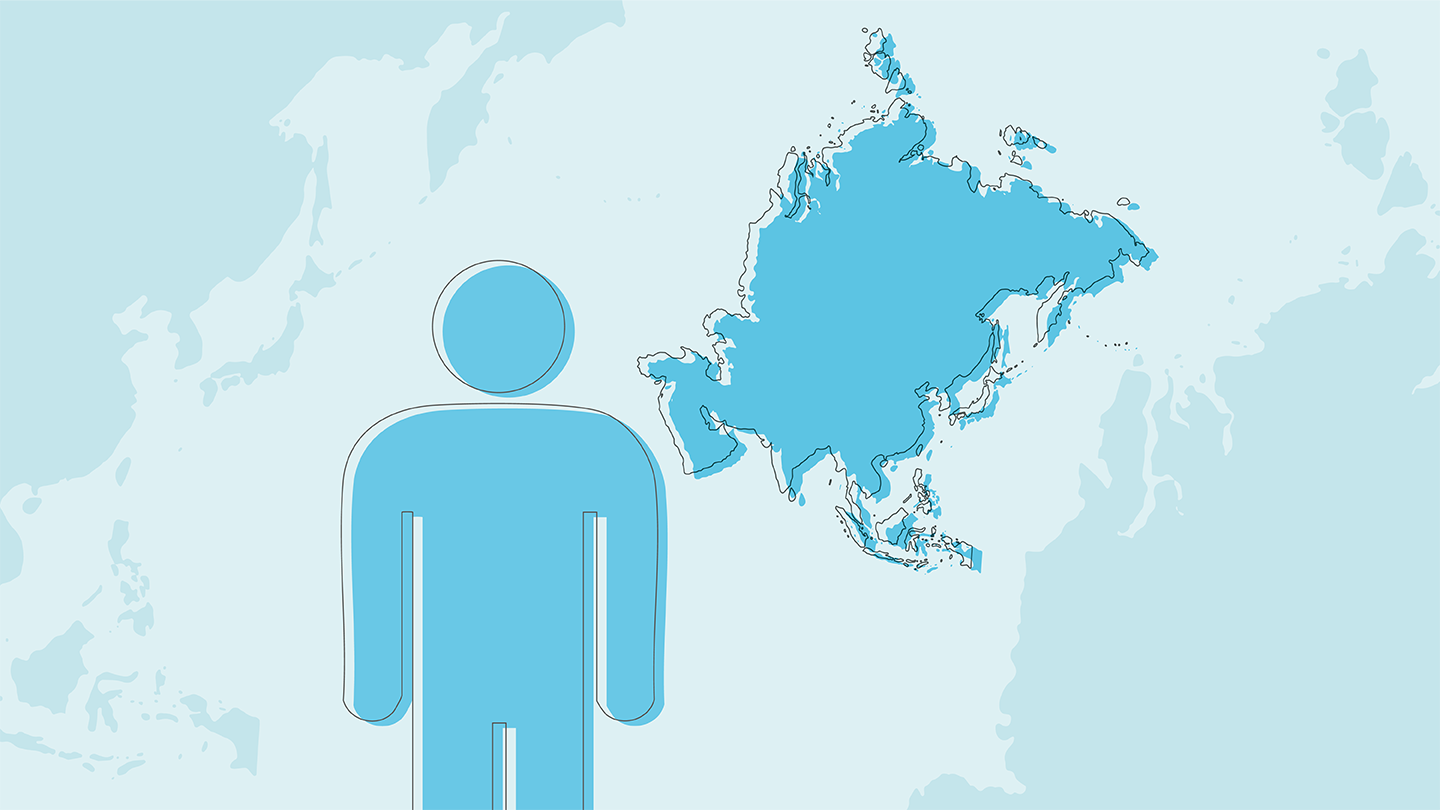
Prostate cancer is becoming an increasingly urgent public health issue across Asia, with aging populations, lifestyle changes, and limited access to early screening all thought to play an important role in sharply rising cases. A review published in Cancers outlines the cultural, clinical, and systemic challenges contributing to underdiagnosis and delayed treatment – and highlights promising solutions that could improve outcomes for millions of men.
Asia is home to 60 percent of the global male population, yet prostate cancer remains underreported in many countries across the region. Though historically thought to have lower incidence than in Western populations, researchers argue this perception may stem more from stigma and access barriers than biological differences. In fact, in some Asian countries, including Taiwan, South Korea, and Singapore, prostate cancer rates have been rising rapidly in recent years.
The review identifies several key barriers to early detection. In many Asian cultures, discussing health issues – particularly those involving the reproductive system – is considered taboo. This discomfort extends to procedures like the digital rectal examination, leading to delays in diagnosis. Misinformation and superstition further complicate the issue, with some men believing prostate cancer only affects the elderly or that religious practices can substitute for medical care.
Access to screening also varies widely. Though prostate-specific antigen (PSA) testing is the global standard, many Asian countries lack systematic screening programs, and healthcare infrastructure is often uneven, so men are frequently diagnosed at later stages.
However, new diagnostic technologies are showing promise. Among these is the EpiSwitch test, a blood-based assay that uses epigenetic biomarkers to detect prostate cancer with greater accuracy and fewer false positives than traditional PSA tests. And unlike invasive procedures, this test could overcome cultural resistance and provide a practical, scalable solution for broader population screening.
As prostate cancer continues to rise across Asia, the authors call for targeted awareness campaigns, culturally sensitive outreach, and greater investment in accurate, accessible diagnostics. With the right tools and education, they argue, early detection can improve survival rates and reduce the burden of late-stage disease in the world’s most populous region.




